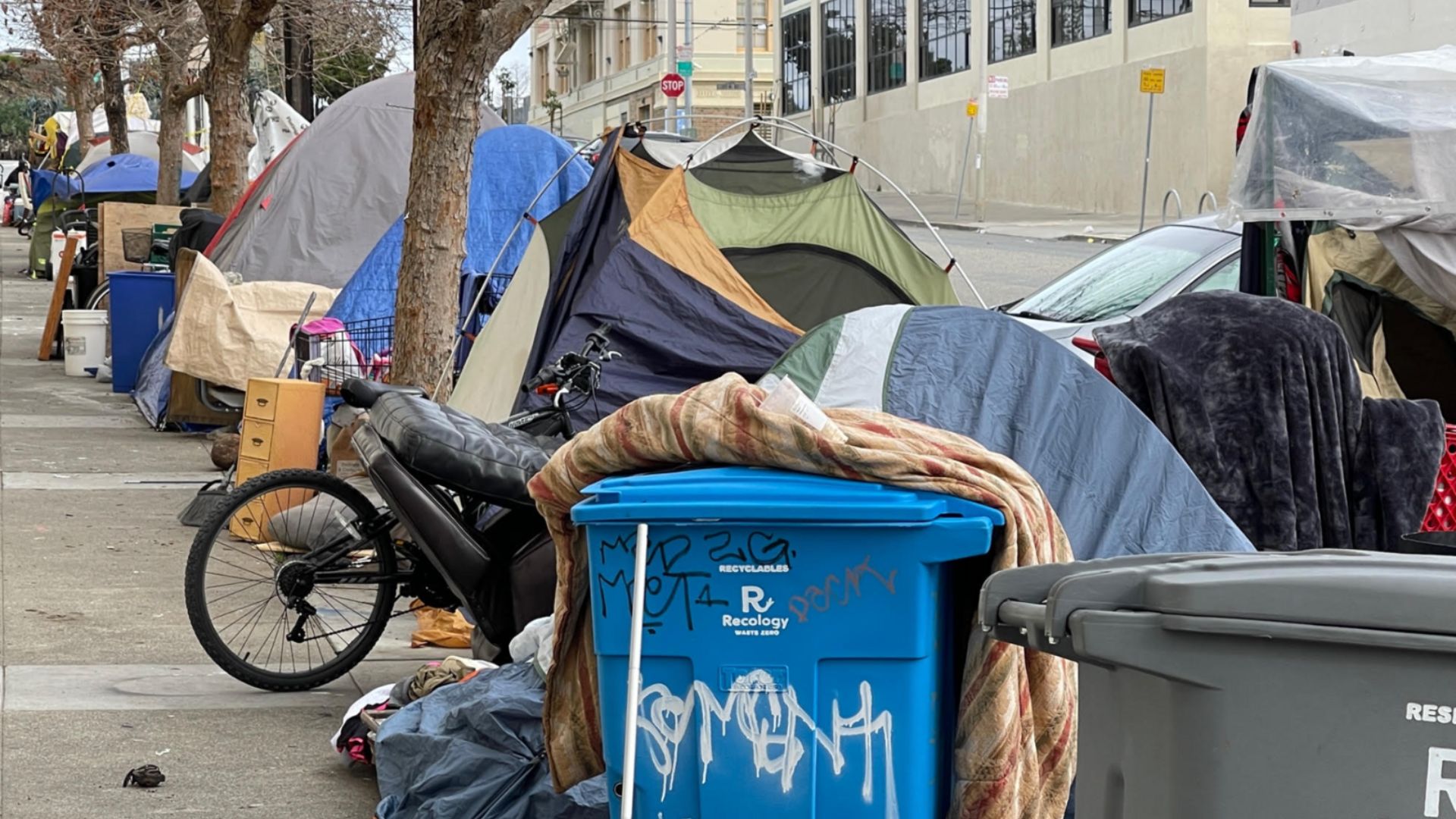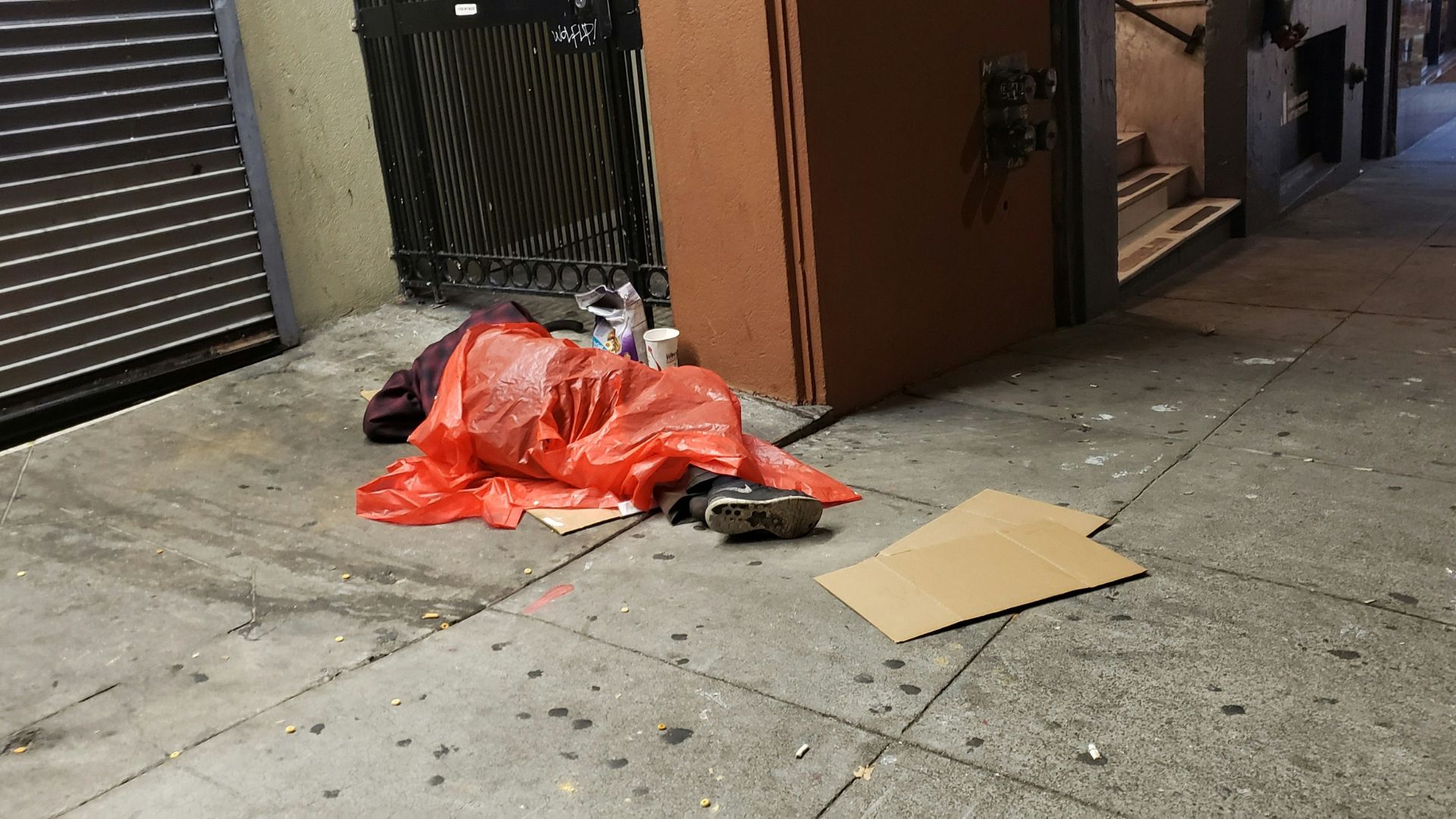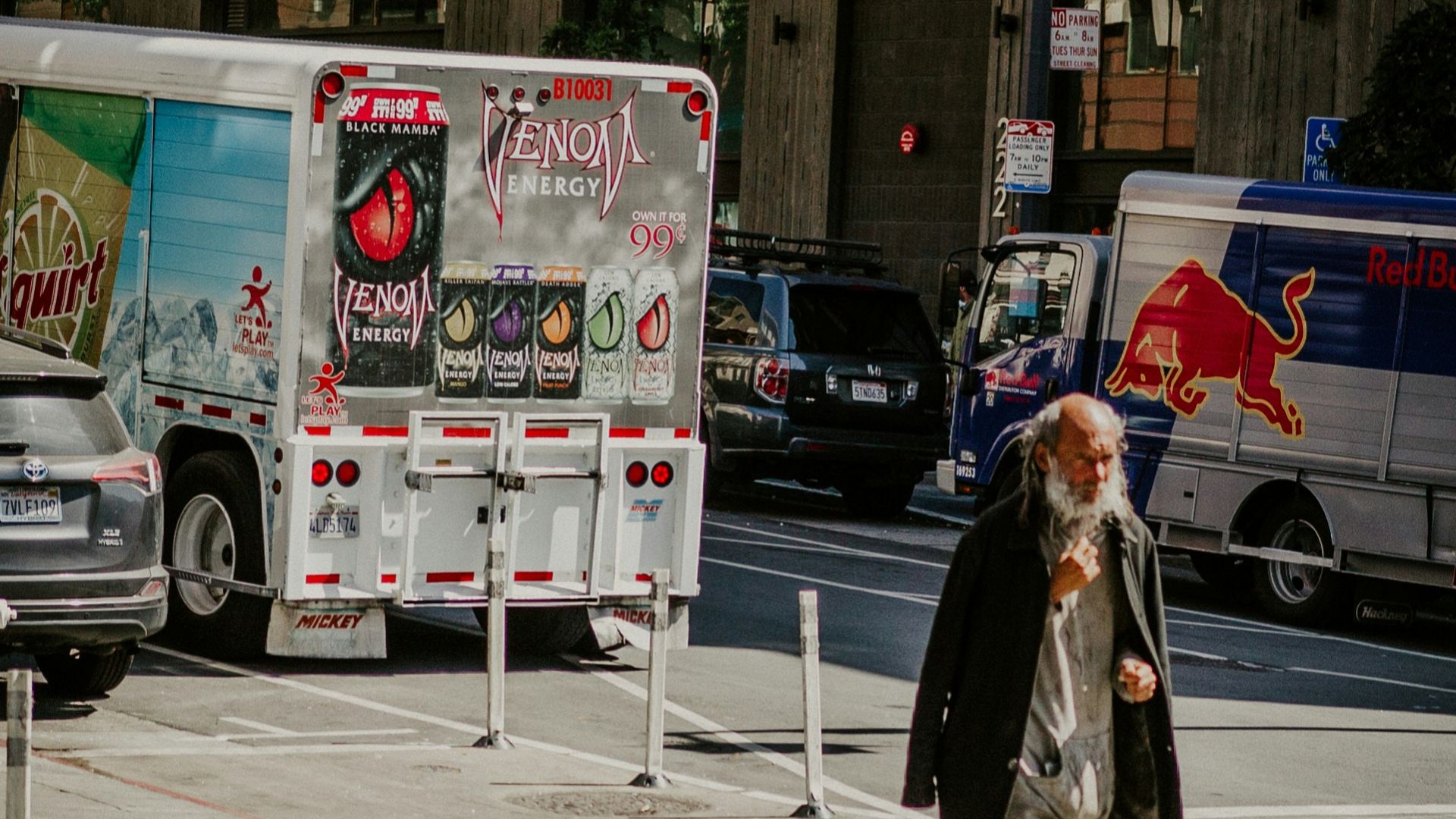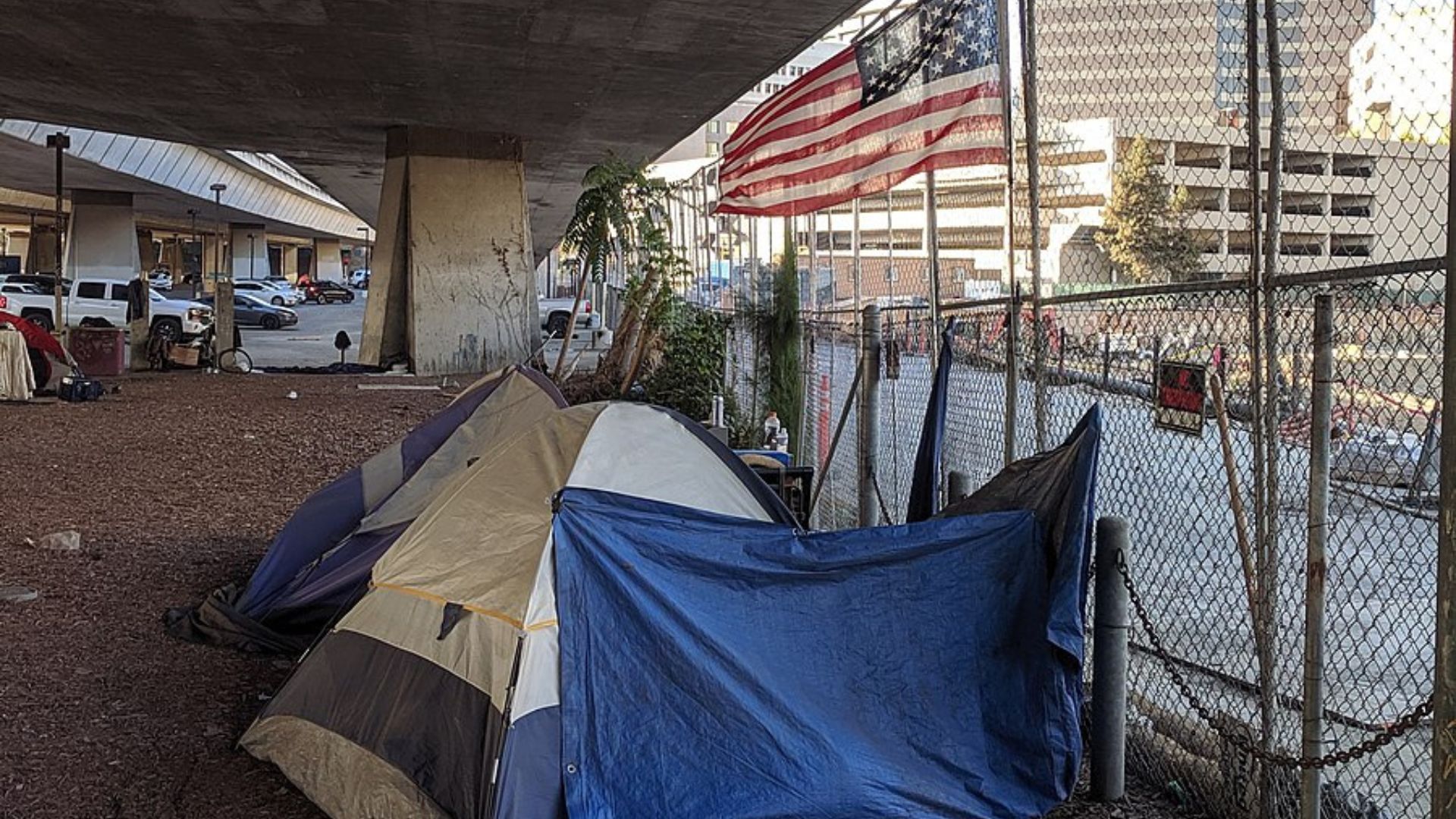In San Francisco, a new approach to homelessness and alcohol addiction involves the city providing beer and vodka shots to homeless alcoholics under a taxpayer-funded initiative.
This program, known as the Managed Alcohol Program (MAP), is designed to prevent severe alcohol withdrawal among the homeless by providing them with controlled doses of alcohol.
Objectives and Controversies

The program aims to stabilize individuals and prevent them from needing emergency medical services.
San Francisco health officials state, “A program that provides alcohol to homeless alcoholics prevents the city’s most vulnerable from using emergency services.” While it’s seen as a potentially life-saving program, critics question whether it diverts necessary funds from long-term treatment solutions.
Program Details and Operations

The Managed Alcohol Program operates out of a former hotel in the Tenderloin district, transformed into a 20-bed facility with a $5 million annual budget.
Participants receive not only alcohol but also accommodations, meals, and medical care, all supervised by healthcare professionals.
Healthcare Supervision and Strategy

Alice Moughamian, the Nurse Manager of the Managed Alcohol Program, describes the healthcare approach: “Nurses provide clients with enough alcohol to meet their addiction needs, but keeping someone at a safe level of intoxication.”
This statement illustrates the medical oversight involved in maintaining the delicate balance of alcohol consumption for participants.
Growth and Expansion of the Program

Originally launched during the COVID-19 pandemic to address the immediate needs of homeless individuals isolated in hotel rooms, the program has since expanded.
It began with 10 beds and has now grown to include more, indicating both the perceived success and the increasing demand for such an intervention.
Comprehensive Support Services

Alongside alcohol management, the program also connects participants to a broader spectrum of services including primary healthcare, psychiatric care, and social services.
These additional supports are crucial for addressing the complex needs of the homeless population participating in the program.
Addressing Diverse Community Needs

The program also focuses on cultural and demographic inclusivity by setting aside beds specifically for the Latinx and indigenous populations.
This approach highlights the program’s attempt to tailor its services to meet the diverse needs of San Francisco’s homeless community.
Beyond Alcohol: Holistic Care

The Managed Alcohol Program is about more than just managing alcohol consumption.
Fox News notes that it’s also about fostering a holistic environment where participants can engage in wellness activities and creative expressions such as art and poetry groups facilitated by community-based organizations.
Policy on Other Substances

Bryce Bridge, a social worker with the program, discusses the policy on other substances.
Bridge said, “Marijuana use is fairly common in our sites and there is no policy prohibiting marijuana consumption.”
Public Perception and Criticism

The program came under public scrutiny following critical social media posts by Adam Nathan, CEO of an AI company.
He described seeing kegs connected to taps in the lobby of the hotel, questioning the approach of providing free alcohol to people with alcohol use disorders.
Mayoral and Public Concerns

Criticism also comes from high-level officials, including San Francisco Mayor London Breed, who questioned the efficacy of the harm reduction strategy saying, “Harm reduction was not reducing harm but making things far worse.”
Such statements highlight the ongoing debate over the best approaches to addiction and homelessness.
Future Prospects and Observations

Despite the controversies, some local authorities and health officials argue that the program has significantly reduced emergency service use among its participants, indicating a potentially successful model that could influence future policies.
As other countries explore similar programs, San Francisco’s experiment may offer valuable insights into alternative methods of managing addiction and homelessness.
